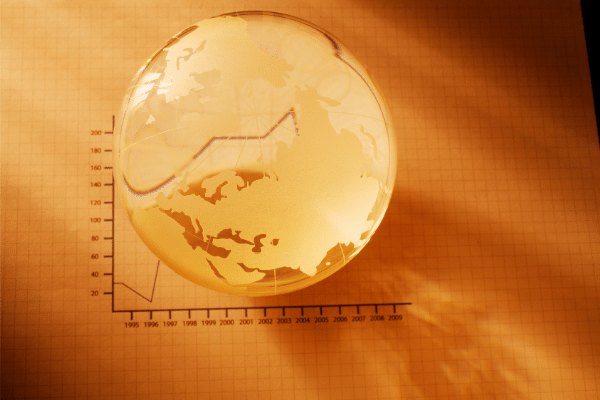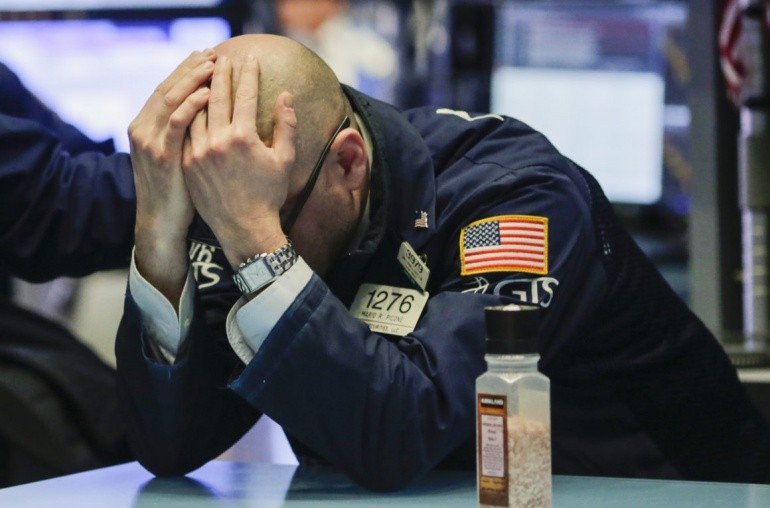
-
Good chance that Fed will intervene should U.S. Treasury yields spike to excessive levels
-
Central bank is no doubt monitoring how Treasury yields are faring and will have to intervene at some point to keep borrowing costs low at risk of undermining the nascent economic recovery
Investors expecting that the U.S. Federal Reserve would step in to tame the recent spike in benchmark Treasury yields last week were disappointed when the central bank demonstrated no inclination to step in and reign in Washington’s borrowing costs.
Instead, markets were treated to pretty much more of the same, with the Fed sticking to its tolerance of low rates, even if inflation should creep up, as well as maintaining the status quo with respect to asset purchases.
But as more bond sales occur because of the Biden administration’s US$1.9 trillion fiscal stimulus package, the supply side problem for Treasuries and the upward pressure on yields will only exacerbate.
A recent Treasury auction saw some of the lowest levels of liquidity ever, and the benchmark U.S. 10-year Treasury yield, which sets the rate for everything from student loans to mortgages has hit its highest level in a year.
And that’s why billionaire hedge fund investor Ray Dalio believes that the Fed will eventually have to step in.
Speaking at the annual China Development Forum on Saturday, Dalio noted that a prolonged period of elevated yields will “prompt the Federal Reserve to have to buy more, which will exhibit downward pressure on the dollar.”
But more than that, Fed intervention to crank up its asset purchase of Treasuries, which should bring yields down, will also fuel many of the trades taken during the pandemic that have been unraveling – including for tech and growth stocks, as well as cryptocurrencies.
Noting that the world is “very overweighted (sic) in bonds” that are yielding negative real returns, Dalio is concerned that “not only might there be not enough demand, but it’s possible that we start to see the selling of these bonds.”
Beyond being bearish for the dollar (investors need dollars to buy U.S. Treasuries, which are considered a safe security around the world), it will provide a boost for dollar-denominated assets, including equities and commodities.
U.S. Federal Reserve Chairman Jerome Powell said last week that the central bank’s current monetary policy was appropriate and there was no reason to push back against the recent surge in Treasury yields, but you can bet that the Fed is monitoring the situation closely.
As Dalio notes, the Fed can’t afford to stand back and do nothing if the spike in Treasury yields starts eating into its low-rate policy and starts undermining the nascent economic recovery.



